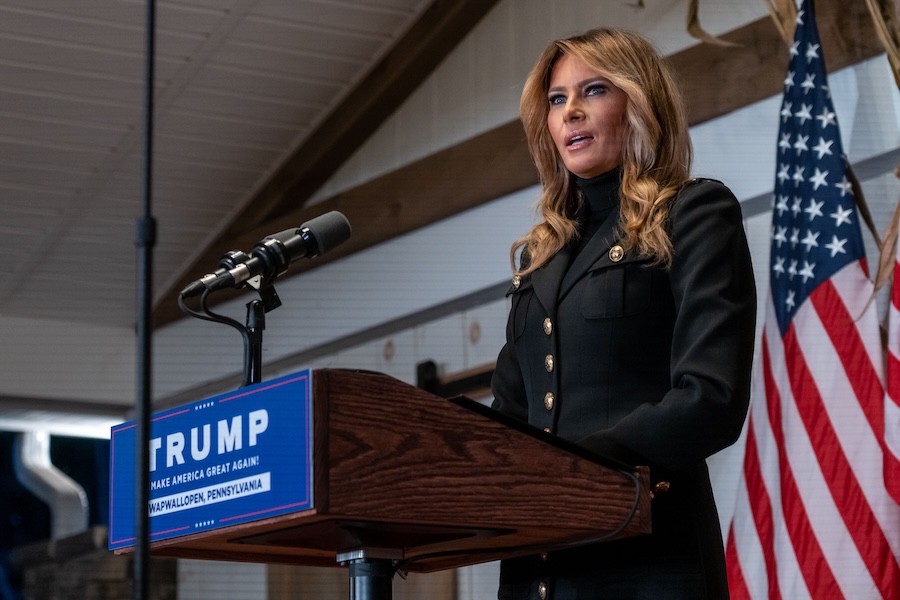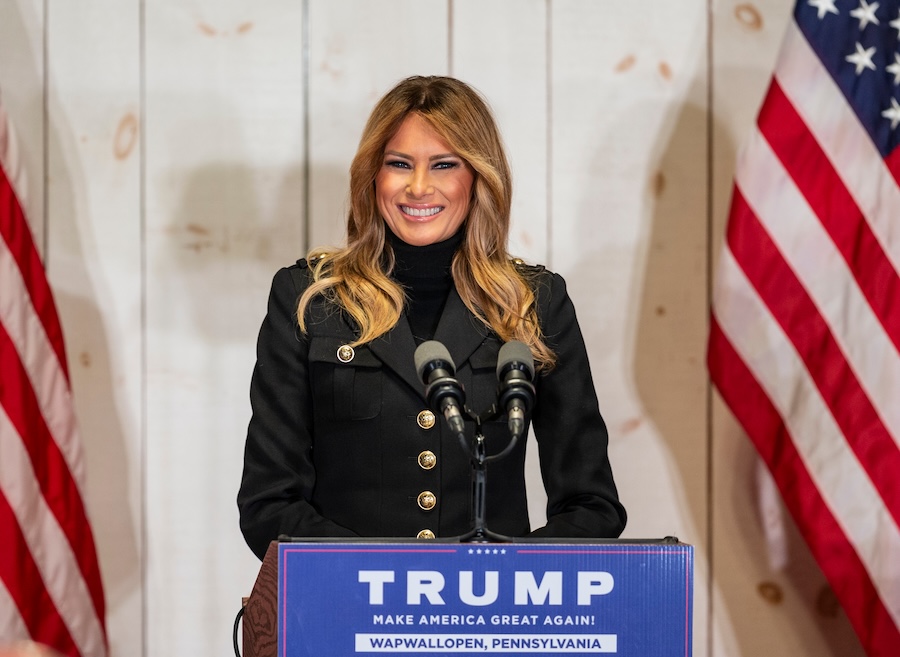Politics
NEW: Melania Trump Scores Huge Legislative Victory

First Lady Melania Trump just notched a major policy win as the House of Representatives voted overwhelmingly Monday to pass legislation targeting the exploitation of nonconsensual intimate imagery online, including deepfake pornography generated by artificial intelligence. The bill, titled the TAKE IT DOWN Act, passed with a sweeping 409-2 bipartisan vote and now heads to President Donald Trump’s desk for final approval.
The legislation aims to criminalize the distribution and threats of publishing intimate images without consent, whether real or digitally manipulated. The Senate had already passed the bill unanimously earlier this year. Melania Trump has been a leading advocate for the measure, aligning it with her long-running “Be Best” initiative, which focuses on online safety and child well-being.
“Today’s bipartisan passage of the Take It Down Act is a powerful statement that we stand united in protecting the dignity, privacy, and safety of our children,” Melania stated Monday. “I am thankful to the Members of Congress — both in the House and Senate — who voted to protect the well-being of our youth.”
“Through this critical legislation and our continued focus with ‘Be Best,’ we are building a future where every child can thrive and achieve their full potential,” the First Lady added.
Senator Ted Cruz (R-TX), who introduced the legislation, cited real-world cases of abuse involving AI-generated explicit content. He referenced the disturbing story of Elliston Berry, a teenage girl who was targeted with deepfake pornography made to look like her.

Wapwallopen, PA – October 31, 2020: First Lady Melania Trump speaks at Make America Great Again event as part of election campaign at Whitewoods
“It protects young girls and young women, and it’s a huge bipartisan victory that we’re winning tonight,” Cruz told ABC News on Monday.
Under the law, it will be a federal crime to knowingly publish or threaten to publish intimate visual depictions of identifiable individuals without their explicit consent — especially when done with the intent to harm. This includes so-called “digital forgeries” created through artificial intelligence, where someone’s face is convincingly inserted into explicit images or videos.
The bill also carries enhanced penalties for offenses involving minors. Violators can face up to two years in prison for targeting adults, and up to three years when the subject is under 18.
In addition to criminal penalties, the legislation sets clear rules for tech platforms. Sites that host user-generated content will be required to implement a process for victims to report and request the removal of illicit images. Once a valid takedown request is submitted, platforms must act within 48 hours or face enforcement from the Federal Trade Commission. Companies that act in good faith to remove flagged content will be shielded from liability.
Major tech companies, including Meta, Google, TikTok, and Snapchat, supported the bill, praising its “balanced” approach that prioritizes safety without overreaching on content moderation.
Only two Republicans: Reps. Thomas Massie (R-KY) and Eric Burlison (R-MO) voted against the TAKE IT DOWN Act during Monday’s House session.
Massie raised concerns over the bill’s reach, stating, “I’m voting NO because I feel this is a slippery slope, ripe for abuse, with unintended consequences.” He noted the legislation “would impose federal criminal and civil penalties for publishing unauthorized intimate pictures generated with AI.”

